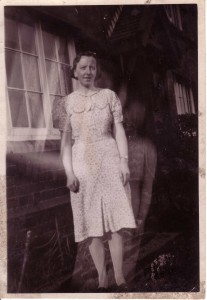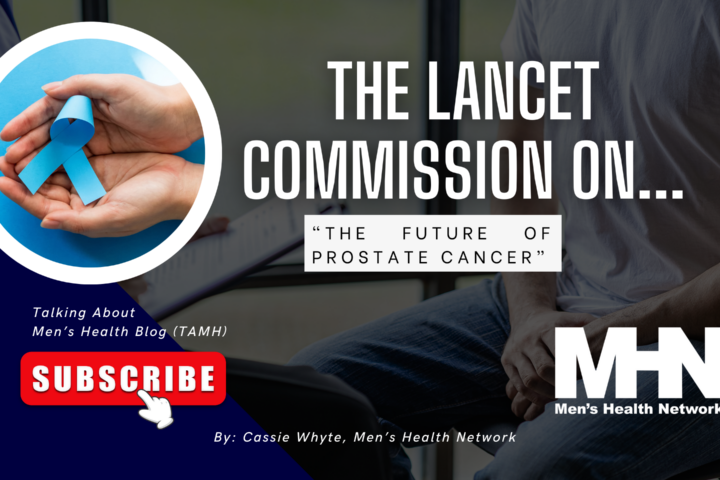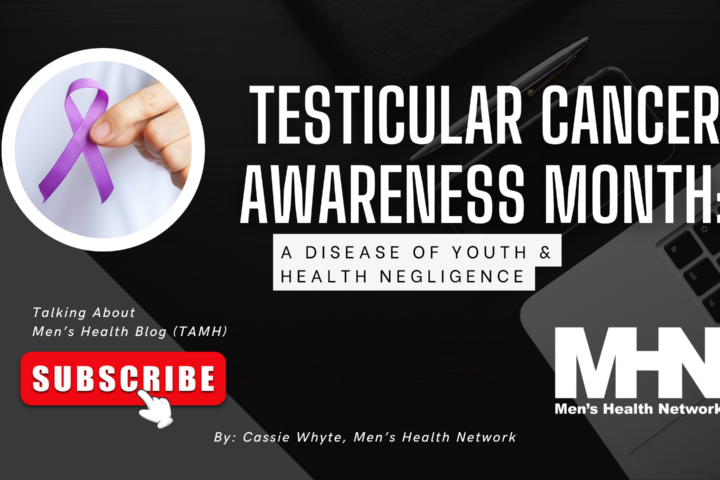Editor’s note: This post is part 3 in a 3 part series on the Mother-Son dynamic. Click here for the other posts in the series.
The child who finds out, all too abruptly and too soon, that he cannot count on his mother’s strength to be there for him . . . feels he has only himself to count on.
—Marjorie White and Marcella Weiner
So often we unconsciously form relationships for the purpose of getting our infantile needs met. But after the first blush of romance fades, we start saying things like, “She doesn’t meet my needs,” or “He’s never going to give me what I need.” With these words we begin embracing not each other but despair and depression. We pray desperately for some cataclysmic change in our partners that will cause them to suddenly face us, divine our needs (both infantile and adult), and say, “Yes, I’ll be the parent you never had. Tell me all the needs you had as a child, and I’ll work day and night to fill the longing left in your body from days and nights of neglect.” But we never find this person, except in our dreams, fantasies, and romance novels. This “person” is what C.G. Jung calls the “Ghost Lover.” The Ghost Lover is a compilation of what a good mother should have provided in early infancy (such as mirroring, unconditional love, attention, security, affirmation, touch, tenderness, strength, etc.) and what the media and romance novels, movies, and TV shows say lovers should be, combined with the unrecognized or inaccessible feminine element in a man’s life.
An example is my friend Mary. She once said about her husband: “Luke just isn’t ever going to get it. He’s never going to change.” What she meant was, “Luke is never going to be like me.” So Mary withdrew into her job and her hobbies: reading romances and watching soap operas. These stories let her indulge in her fantasy of the perfect partner who always knows just how to enter the Mystery of his lover—the way Luke used to when they were dating. She was more in love with her Ghost Lover, the one in her imagination, her fantasy, than the flesh-and-blood man before her.
Men who are still not wrestling with this Mother-Son Dynamic are likewise far more in love with Ghost Lovers than those who have separated themselves from their mothers. The Ghost Lover is his own anima he has not embraced, possibly never thought about. The Ghost Lover is the perfect feminine balanced with the perfect masculine. She is Mother Mary and Lucrezia Borgia, the dominated and the dominatrix.
What we may find instead, if we’re lucky, are men and women capable of loving us as best they can; on good days, they’ll meet many of our adult needs, and on some occasions, usually without meaning to, they may even fulfill some of our childhood yearnings.
Eventually, if we stay together long enough and do enough grief and healing work, we find ourselves with men and women who are just as wounded or as healed as we are. The wounded child in us, left untreated and un-nurtured, will pick up the cry of another wounded child. Like water, we seek our own level. We discover that whomever we’re with, both of us are in about the same shape. In other words, whomever we’re with is where we are. The two of us then hone in on each other’s signals, falling in love with the differences we see in each other. Inevitably, we’ll both begin trying to change each other, to force the other to supply what our mothers could not. The trouble is that this little scenario is not going to happen, no matter what, a few self-help gurus may say. Our partners are not there to parent us or to heal our wounds. They are with us to discover their own wounds and to learn, through time and experience, how to heal them without doing too much damage to the relationship in the process. They are there to mirror our woundedness, but it is up to us to take responsibility to heal.



